Evithé Biotechnology
Cynthia Hunefeld developed botanical prescription drugs in the wake of her father’s health issues. She is working towards patent protection, as well as protecting her brand through the use of a trade mark.
IP is extremely important. It's literally your foundation - the concrete under your company. This has been a really long journey which started about 30 years ago when my father became ill with an infection. It quickly developed into sepsis, which left him permanently disabled. So, he went from firefighter to wheelchair bound, for a very long time. I’ve dedicated my studies, my life and a little bit of my sanity to finding a solution. I'm Cynthia Hunefeld. I'm the founder and CEO of Evithé Biotechnology.
Our tagline is “Let's put nature back into medicine”. We develop botanical drugs, which are prescription drugs for a (medical) practitioner to prescribe. These include medicines with label claims. So, these are evidence based medicines.
We have a patent pending, we're working on our trade marks at the moment. I was 10 when my father got ill, that made a huge impact on a child growing up. So, I decided to go back to my roots, literally, and study plant medicines. Initially in the Netherlands. And later in New Zealand.
If you become a practitioner, or a doctor or a scientist, I think you start this job because you want to help people. So, for anyone in this profession, being able to get another tool in the medical toolbox is really important. Botanical drugs and ‘complex’ extracts tend to be more resilient against the development of resistance - or drug resistance. So having that complexity, using the way that plants protect themselves against diseases, harnessing that for human medicines is hugely beneficial. It has so much potential.
So going back to my first two years of studying Botany and Plant Medicine, my father became ill again. This time, I had a little bit of an idea of how plants protect themselves and the things that traditionally can be used to help someone fight infection and improve treatment outcomes. So, I went to his doctor to ask if we could add a plant extract to his treatment. He said, “Look you know, if your dad's okay with that, go ahead.” So, I gave him a plant extract and within a week, we really saw the results and he was allowed to go home. I thought, “If you can find out what's responsible for this, you might be able to help a lot of people.”
I started looking at IP quite early, working in drug development. And studying in that space made me aware of the importance of IP at a very early stage of business development. I was allowed to sit in university classes - one of the main lectures was IP and the importance of IP in drug development. That was really eye opening and a little bit concerning, to be honest. The majority of drug development is really focused on identifying a completely novel, single molecule. This really narrows the medical toolbox.
So, you can't patent plants. But we have developed a patent that covers the novel, botanical drug, it’s innovative steps and its application. I got great support.
I've got this amazing IP lawyer, Jane Calvert. I met her through Wellington NZ, who provided some early support with patent strategy development, because you know, IP is extremely important. We have investigated 1% of the Amazon rainforest. And this has given us 25% of the pharmaceutical drugs that are prescribed today. What about the other 99%?
View more case studies
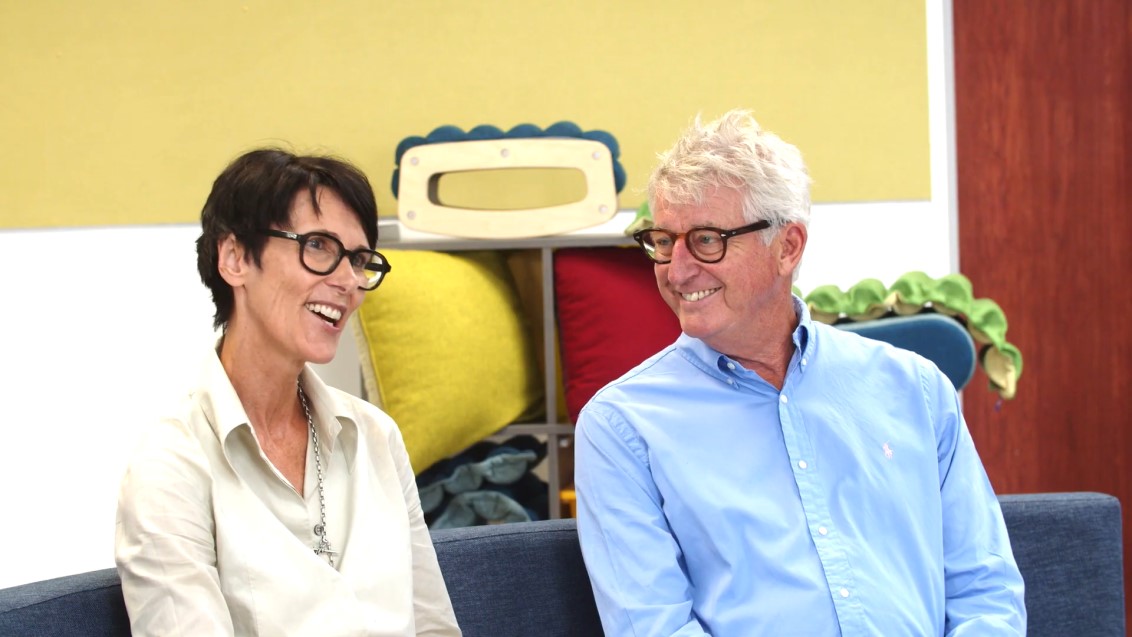
Resero specialise in classroom furniture that helps kids achieve more at school.
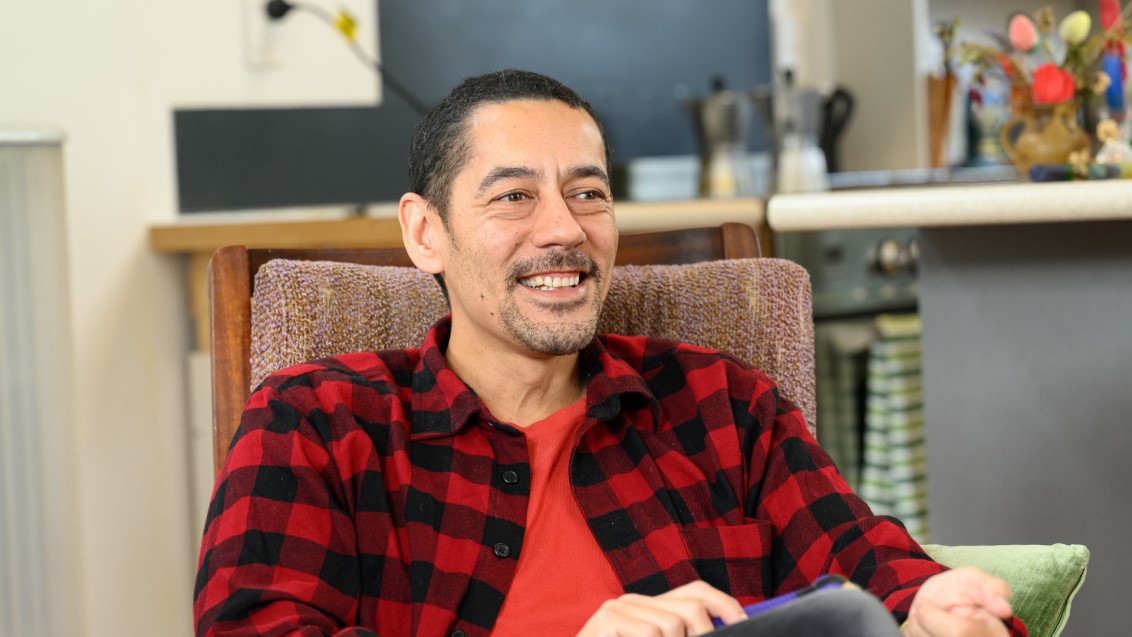
Based in the hills of Wellington, Paku honours mātauranga Māori in the creation of tools for children.
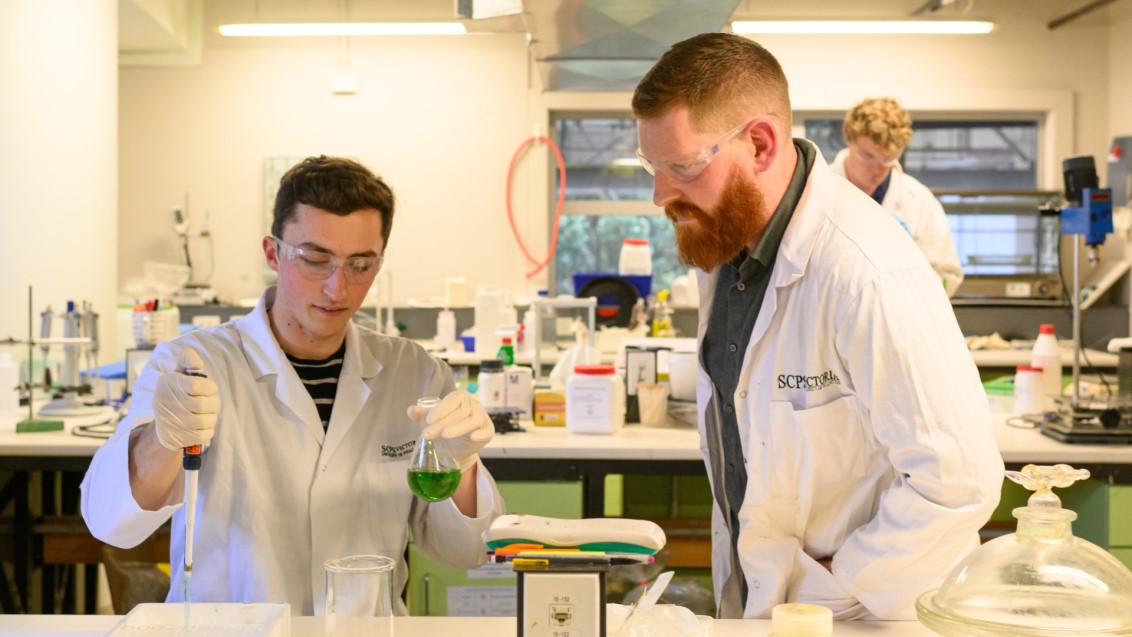
Eldon Tate knew he needed to protect his world leading antimicrobial technology before going to market.
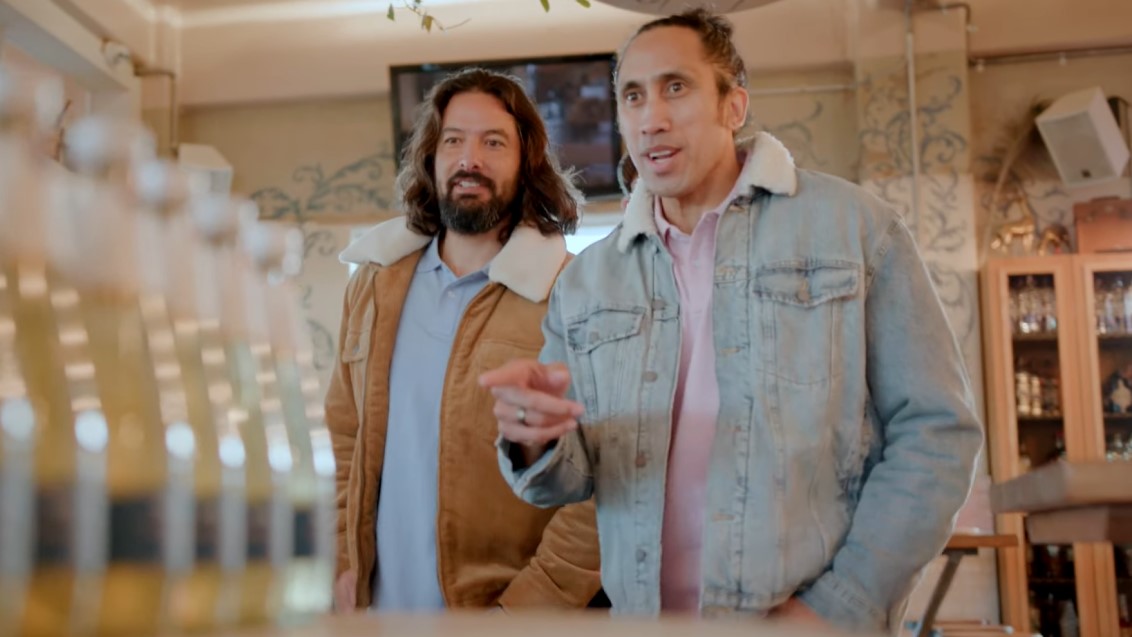
Wai Mānuka. A locally-sourced, premium, non-alcoholic beverage dreamed up by 3 friends at a party.
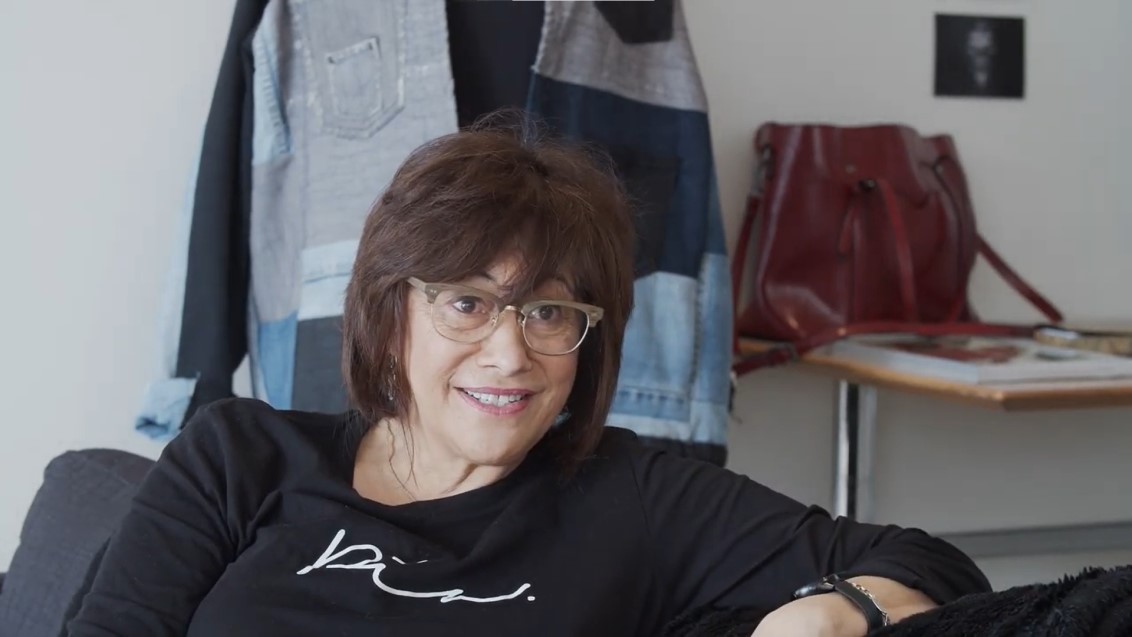
Miromoda nurtures young Māori fashion designers into an edgy annual showcase at NZ Fashion Week. Trade mark protection helped them build their brand.
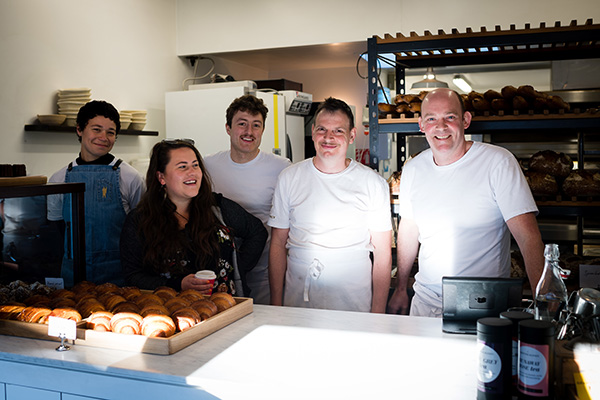
Registering their trade mark early meant Baker Gramercy’s brand was protected as their reputation for authentic, fresh-baked goods took off.
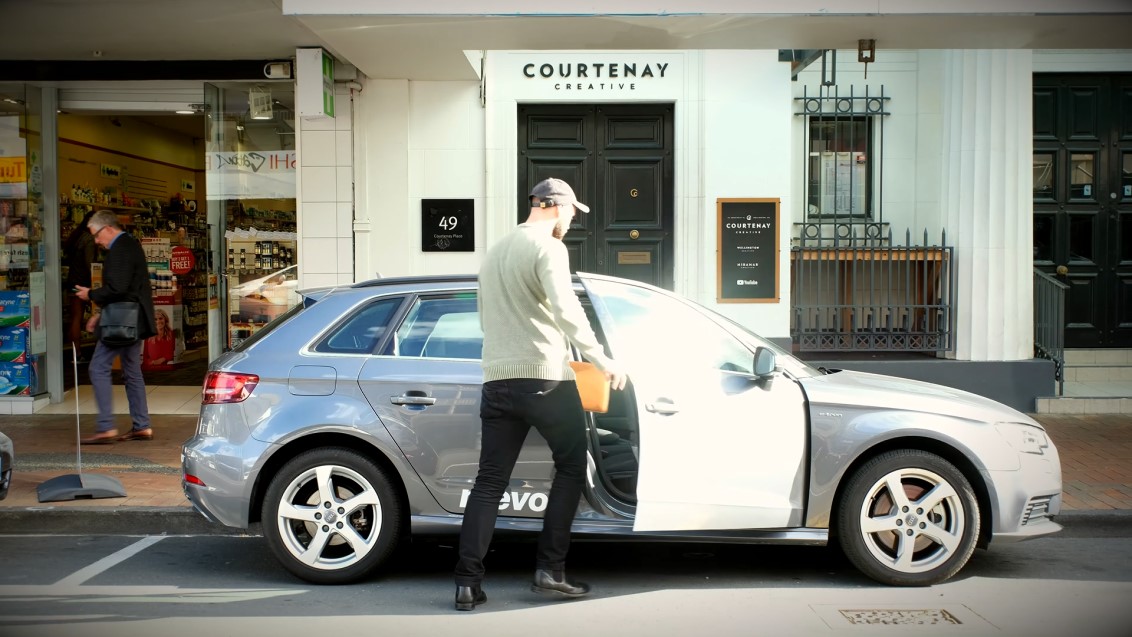
Gaining thir own trade mark, and licensing other brands’ software IP, this unique car rental company got moving faster than ever.
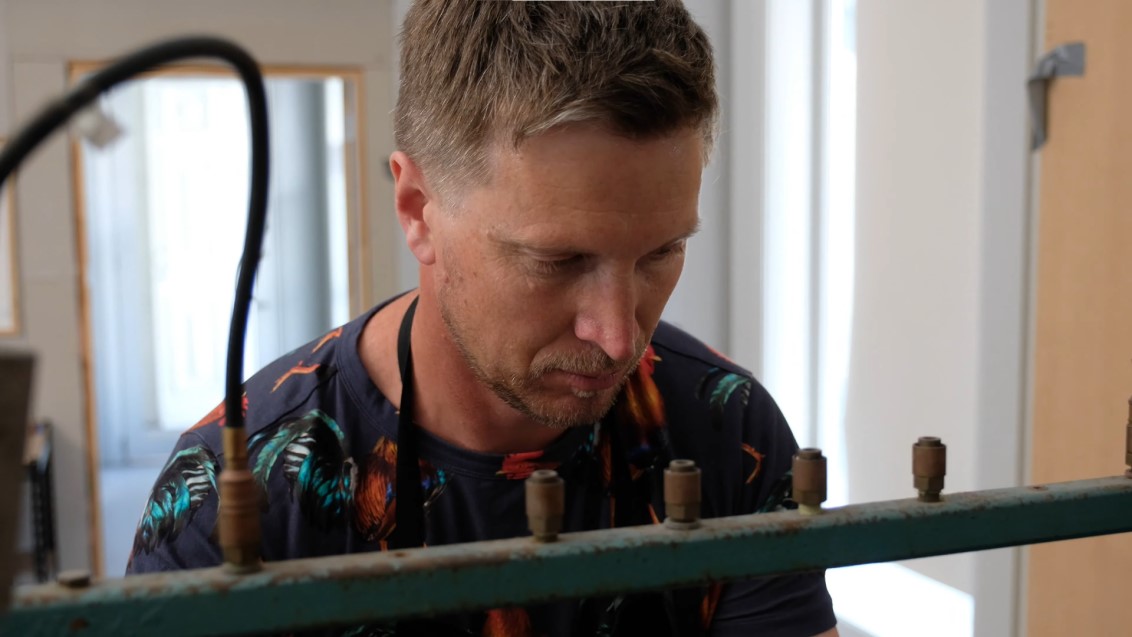
With their distinctive wallpapers and screen printing in high demand, find out how PaperHands protected their reputation with a registered trade mark.
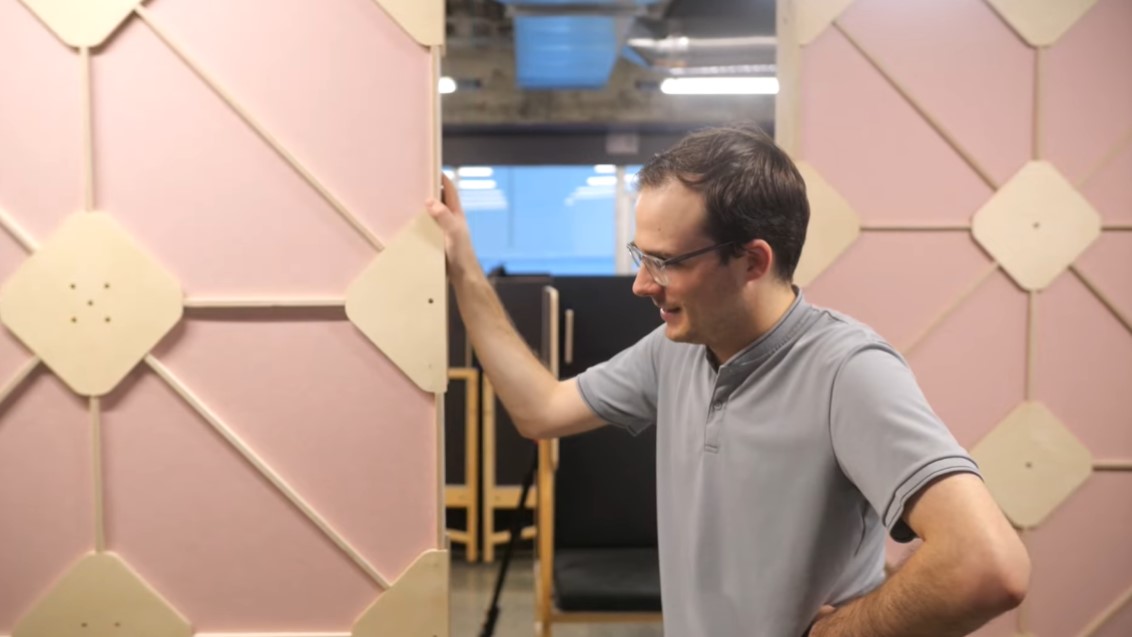
An innovative building frame idea gained XFrame a registered design, and a lesson on the importance of timing for patent protection.
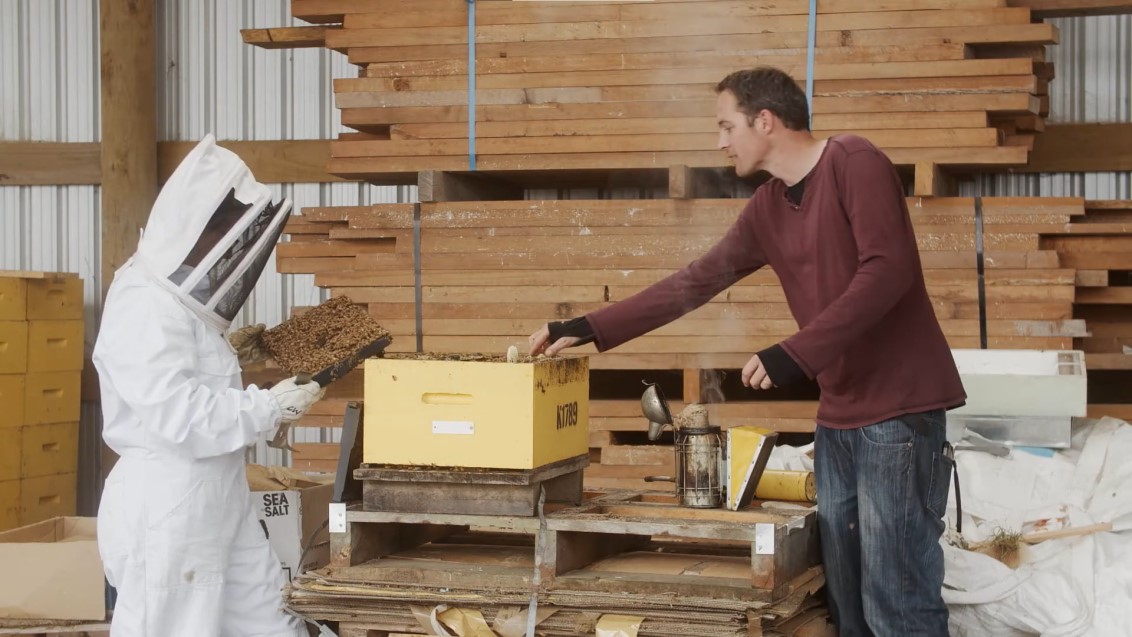
A newfound love for beekeeping sent Julian McCurdy on a mission to create new tech to monitor beehive health.
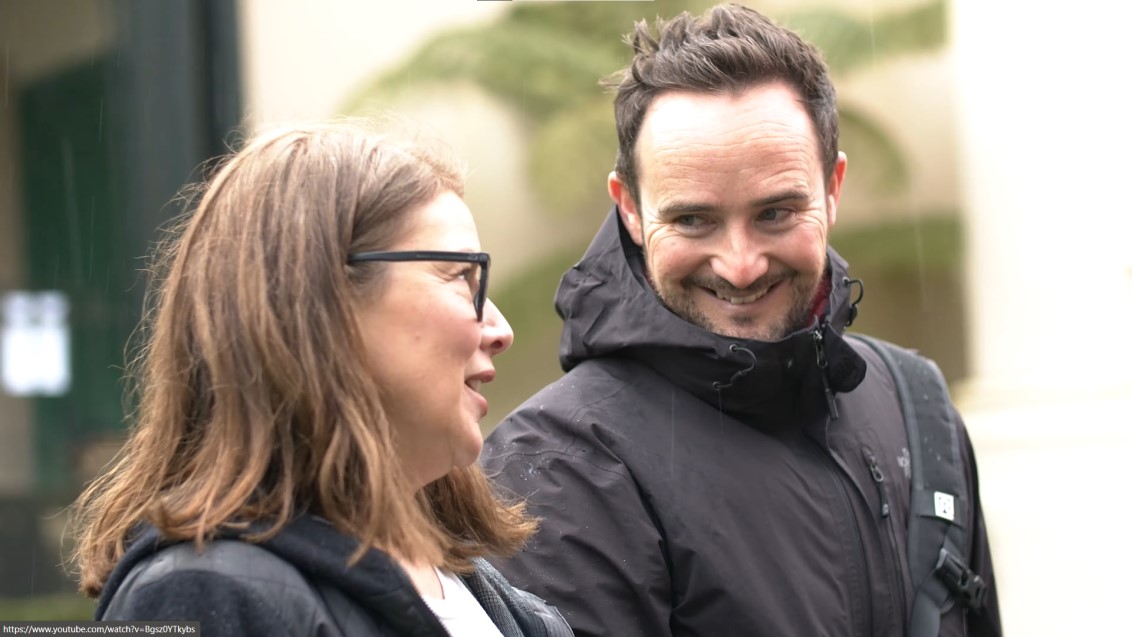
Kind is the new cool. A small Wellington based team make it easy to give one percent of your income to some smaller, cool, Kiwi-based charities.
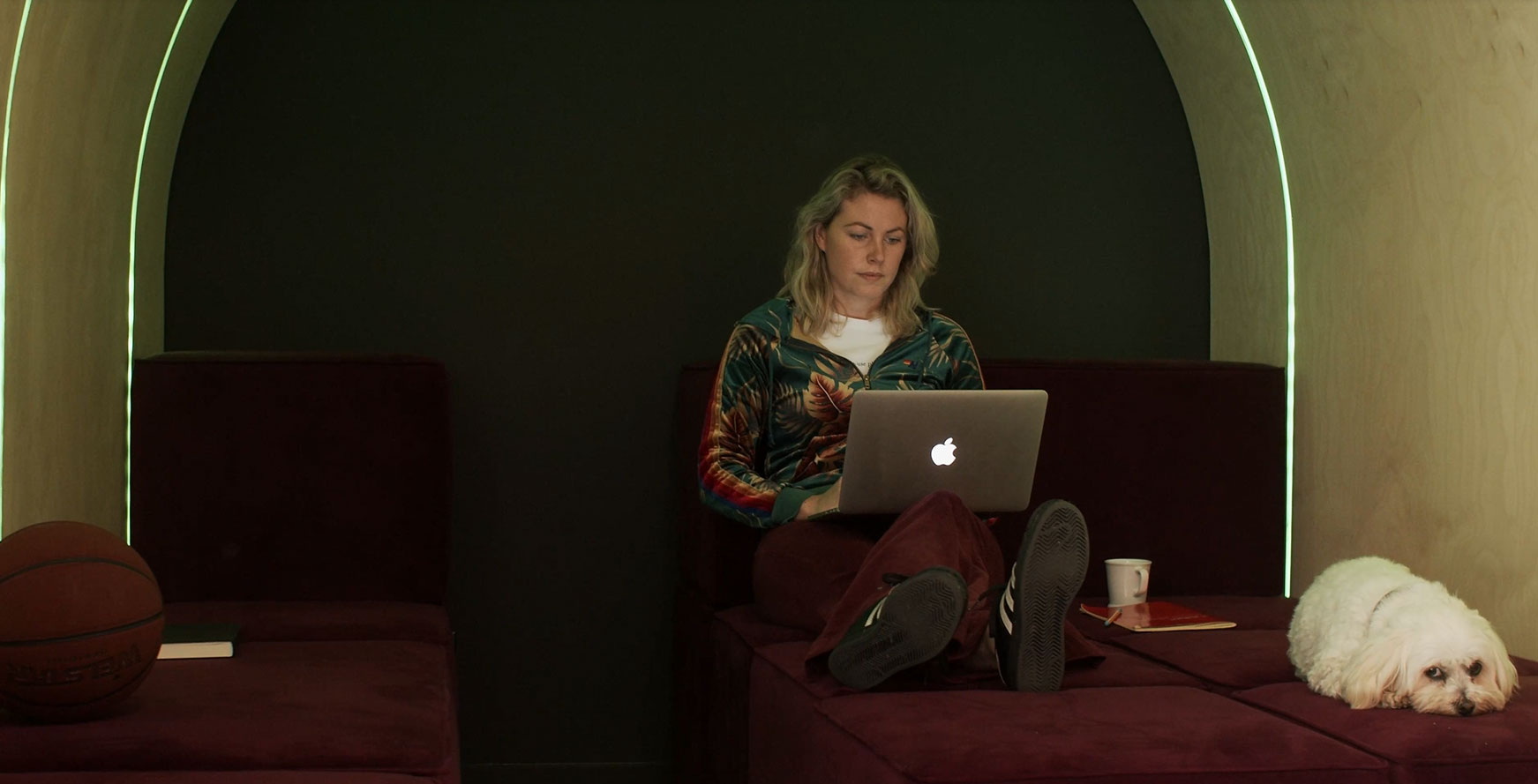
Story telling using immersive virtual reality; creative design agency Wrestler is pushing the limits with the help of IP.
